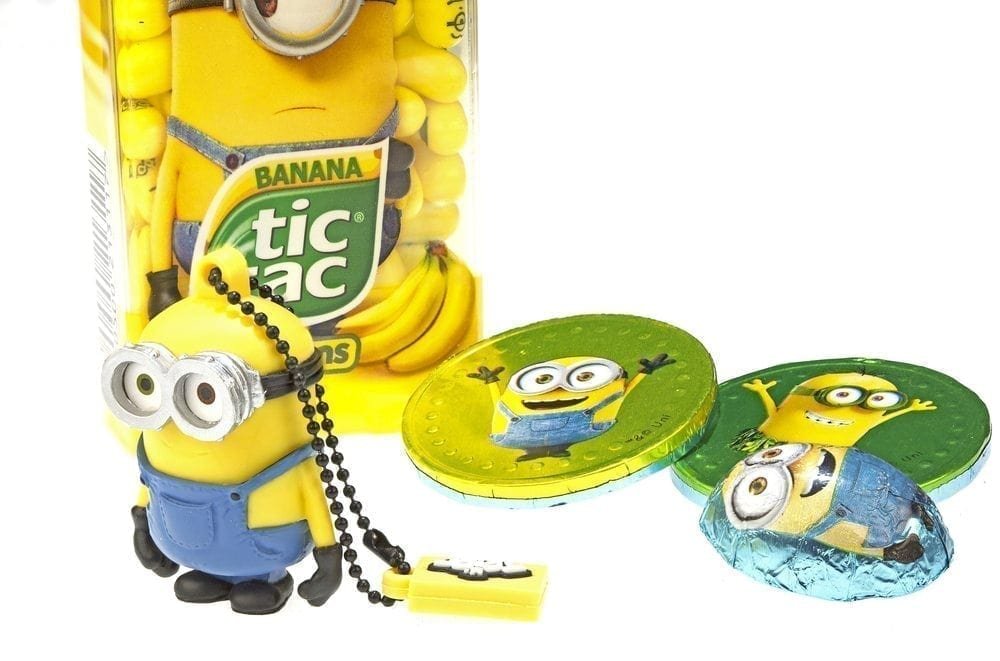The impact of marketing
Public Health England, in its report ‘sugar reduction: from evidence to action’ concluded that ‘the use of characters or ‘spokes characters’ can increase preference for, or choice or consumption of, high sugar foods in young children (aged 3 to 7 years) .’
In one study, published by the American Association of Pediatrics, it was found that up to 87.5% of children chose foods with a character appearing on a package when presented with the same food packaged with or without, media characters.
The Children’s Food Campaign has reiterated its call that only stricter, properly enforced rules on licensing and brand characters will end this form of junk food marketing to children, and should be introduced as part of the government’s forthcoming childhood obesity strategy.
Disney
In 2006, Disney made a pledge that 85% of food bearing the likeness of a Disney character or brand would be healthy, with the remaining 15% dedicated to treats and celebrations.
It cited a need to provide parents with more nutritional options for children, highlighting awareness of the responsibility for the influence its brands exert over children, and subsequently parents.
By the end of 2012, then Director of Food, Health and Beauty for Disney UK and Ireland, Phillipe Roucole, admitted that that they were ‘still progressing towards that goal’ in the UK and were not yet doing enough.
But he was unable to provide any figures to quantify that process and was similarly unable to give any figures when asked, in the same interview, what proportion of product sales could be attributed to products meeting Disney’s nutrition guidelines.
Research on products available in supermarkets or promoted via Disney.co.uk indicates Disney has focused on licensing deals for healthier versions of processed foods (pizzas, ready meals, jelly desserts) and less sugary juice drinks, but not on pro-actively encouraging better dietary habits, such as increased consumption of fruit and vegetables.
Click here to find out more about the Children’s Food Campaign.
 Play Video about This Rock Might Just Save The World
Play Video about This Rock Might Just Save The World Play Video about Play 2 hours of rock
Play Video about Play 2 hours of rock Play Video about Play 2 hours of brook
Play Video about Play 2 hours of brook Play Video about Play 2 hours of sheep
Play Video about Play 2 hours of sheep











































